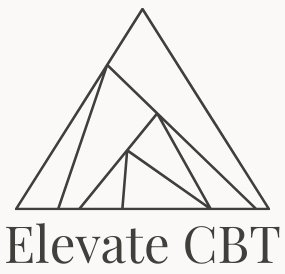How to Actually Stick to Your New Year’s Resolutions This Year
Written by Dr. Kristen Roman
Happy New Year!
If you’re like many people, the new year is a time that you’re reflecting on your life and what you want to improve on. Many of us are quick to jump to lofty ways we want to dramatically change are lives, which often end up getting tossed out the window by the end of January (if not sooner). If you want to make a meaningful change this year that will actually stick, here are some ideas for approaching your resolutions differently:
Take time to reflect first
Take stock of your whole year, including what went well and what you’re proud of, not just what you want to be better. Looking at your calendar or photos from the past year can be helpful for jogging your memory. A new year’s resolution might be something you’re already doing well that you want to continue, rather than simply focusing on a deficit
Connect your resolution to one of your values
For starters, make sure your resolution is something that actually matters to you in the big scheme of things. You can also identify the specific value that it ties into, which you can remind yourself of to help you stay motivated towards the goal. For example, going to the gym regularly may tie into a goal of self-care or health, and calling your family members may tie into the value of connection or strengthening family bonds.
Make it SMART
SMART is an acronym that outlines characteristics of a strong goal that you’re more likely to achieve. It stands for:
Specific (rather than vague, like using the elliptical at the gym rather than working out)
Measurable (something you can track and easily determine if you’ve met your goal, like 3 times a week for 30 min)
Action Oriented (identify the specific behaviors you need to engage in to achieve the outcome you want)
Realistic (something that isn’t too far-fetched)
Time-Bound (set a date for completion)
Troubleshoot in advance
Make a plan for what you expect to trip you up and how you plan to get yourself back on track if this happens. Planning for this will allow you to be more successful than approaching your goal in an all-or-nothing way.
Need more help? Cognitive Behavioral Therapy is a powerful tool for addressing specific goals and making targeted changes to behavior. Contact Us with any questions you have or Schedule Your Free Intro Call today.


